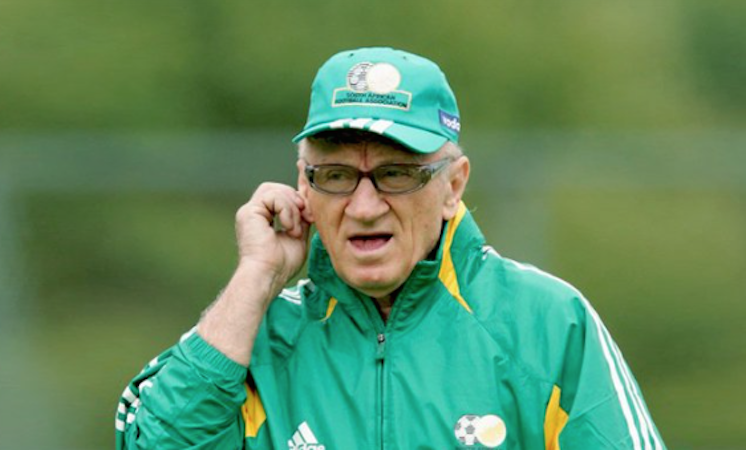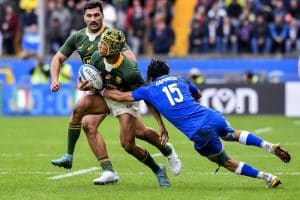Former Bafana Bafana striker George Dearnaley looks at the impact made by the late Ted Dumitru.
Coach Ted Dumitru, affectionately known as ‘the Professor’, passed away last May after suffering a heart attack. The Romanian-born Dumitru was a student of physical education in his home country before applying his skills to the task of football coaching.
He moved to South Africa in 1985, after spending a few years in Zambia and Swaziland. He started his local coaching career with Kaizer Chiefs at the invitation of Kaizer Motaung and soon found success in local soccer circles with his methods and his use of scientific theory within his coaching programmes.
Dumitru’s methods weren’t analysed and discussed in the 1980s and ’90s, as local football still hovered between being an amateur sport and a professional business. Only in the past decade has his developmental methods of coaching, and his application of strategies that are best suited to the actual physical, technical and social aspects of local players, been given the title ‘maximal training’.
Dumitru’s methods were ignored locally and have only recently been given the credit they deserve after much hype and media exposure of the tika-taka philosophy that helped Spain annex the 2010 Fifa World Cup. Dumitru always promoted the idea that South African football development should take into account the physical aspects of our local players, as well as the specific technical skills and the social conditions that many of our players grow up with.
To summarise, Dumitru highlighted that the majority of our players are small but quick, with very good dribbling skills, and that we come from a social environment where entertainment is expected and players are well versed in the art of dominating their one-on-one situations with superior skills.
His argument was that the players should therefore not be forced to develop ideas and technical abilities that are not part of this inherent skill set and that we should rather embrace what we have, and look to improve our local style of playing the game to our own indigenous strengths.
His ideas haven’t always found favour with his peers, and there are those who like to point out that Dumitru had a less than flattering stint as Bafana Bafana coach. But his success with Chiefs and Mamelodi Sundowns, though, as well as the number of players who played and developed under his watchful eye, speaks volumes for the man.
Fabian McCarthy played under Dumitru at Chiefs and Sundowns and says he was an intelligent man – a players’ coach – who understood the ins and outs of the game, and was always available to give advice to a young player.
In recent years he has worked hard to launch the South African Football Coaches Association (Safca), where he has battled tirelessly in promoting his ideas and helping to develop grassroots coaches, all in the name of football development. He was a firm believer in the natural athletic and technical ability of the African player and dedicated most of his life to improving the teams, the coaches and the players who he worked with.
Sudesh Singh, who worked hard alongside Dumitru to establish Safca, was closest to him in his last few years and said: ‘His passing has left a huge void in our football, especially in coaching education. He was a visionary, obsessed with research into the game, hence his futuristic training methods.
‘It was only during my coaching stints abroad that I noticed his methods were ahead of their time. He leaves behind a legacy, that if implemented properly, could revolutionise African football. He was an African in heart, mind and soul,’ Singh concluded.
– This article first appeared in issue 70 of SoccerClub magazine.




